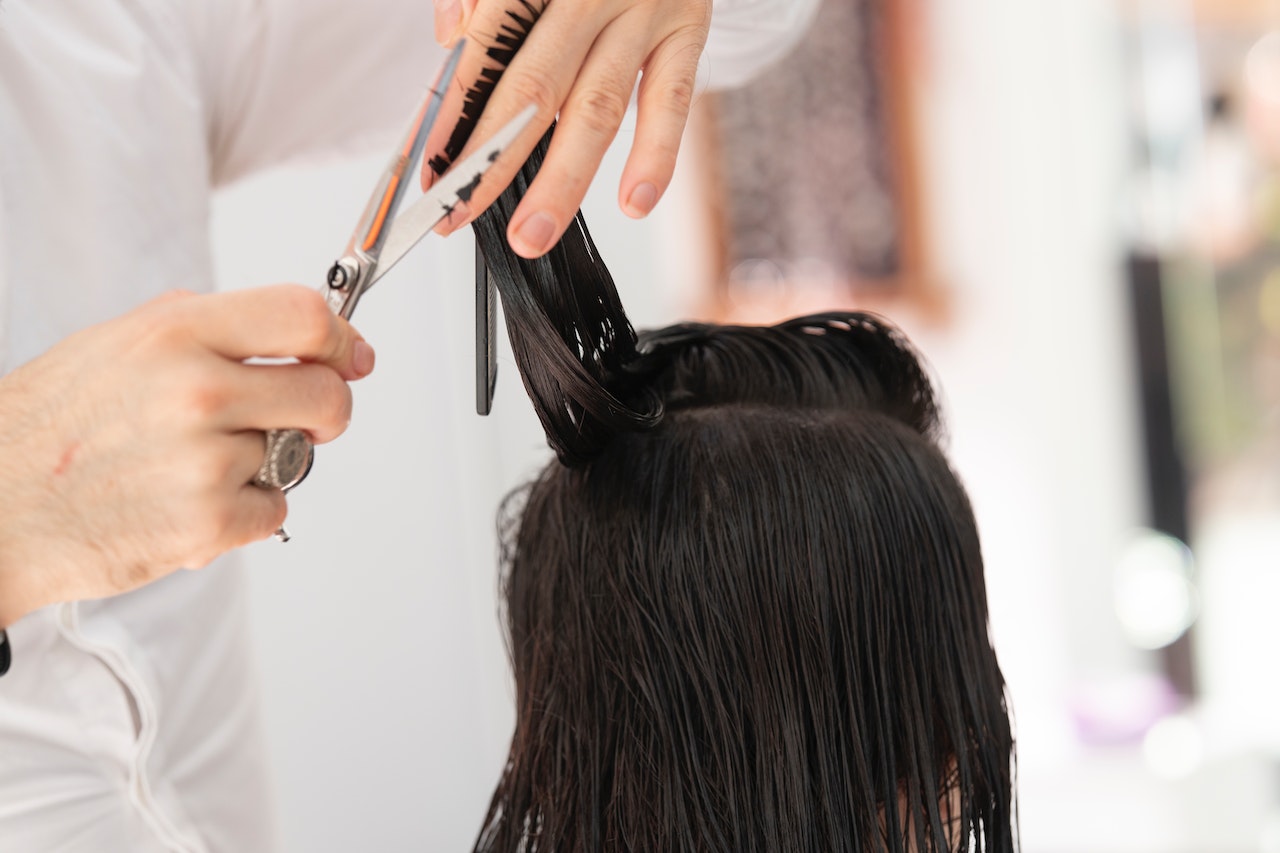When it comes to healthy hair, store shelves and social feeds are full of promises: hair masks, oils, conditioners and treatments of all kinds guarantee strength and shine. But in reality, one of the best routes to more lustrous locks is through your diet. Let’s look at some important nutrients and how they can benefit your hair.
1. Biotin for shinier locks*
One of the most celebrated nutrients for hair support, biotin is an essential B-vitamin that helps convert food into energy for your body. It plays an important role in making keratin, the protein that makes up most of your hair, so ensuring you have enough is vital. It can help with a shinier mane and even curb nutrient-related hair loss.*
Food sources for biotin:
Eggs, nuts and seeds. When cooking up eggs for hair health, be sure not to nix the yolk as this is the richest source of biotin. Fun fact: Avidin is a protein in egg whites that inhibits the absorption of biotin, BUT when fully cooked, this inhibition is significantly reduced. In other words, cook your eggs not only for food safety but also for the sake of your hair!
2. Vitamin D for healthy hair growth*
One of vitamin D’s lesser-known benefits is hair health. What’s interesting is that your hair follicles actually have receptors to absorb vitamin D. But if you’re one of the 42% of U.S. adults with low levels of the sunshine vitamin, your hair growth can be disrupted, causing weak, thin and dull hair.1 Keeping up your vitamin D levels through food or supplements helps can help keep your hair growth on track.*
Food sources for Vitamin D:
Salmon, sardines, mushrooms and foods fortified in vitamin D.
3. Antioxidants: to keep your scalp healthy*
Antioxidants help mop up harmful free radicals that damage cells in high concentrations, including your scalp cells. These pesky substances result naturally from UV exposure, pollution and even stress. Eating antioxidant-rich foods and maintaining proper hygiene can help counteract their effects by increasing blood circulation to your scalp and promoting normal hair growth.*
Food sources for antioxidants:
Colorful fruits and vegetables like kale, spinach, berries, beets and garlic.
4. Collagen: Your hair’s building blocks
The most abundant protein in your body, collagen plays a vital role in keeping your scalp healthy and providing the building blocks for keratin, the protein that gives your hair substance. With age, your body makes less collagen, so replenishing your stores through diet and supplements is vital to promoting healthy, nourished locks.2,3*
Food sources for collagen:
Animal protein and powders.
5. Zinc for stronger, fuller hair*
This might be surprising since zinc is most often linked to its benefits to your immune system, but this trace mineral is also a powerful antioxidant that can help strengthen and promote a healthy scalp.* Keeping up your zinc levels can help reduce nutrient-related shedding and promote stronger, fuller hair.*
Food sources:
Oysters, shellfish, beef and dairy.
Takeaway
Whether you want strong, voluminous hair or just want to reduce shedding, adding hair-friendly nutrients to your diet can help nourish your mane from within.
Meal ideas to help with hair health
- Breakfast: Eggs with leafy vegetables like spinach and a side of berries
- Lunch: Salad full of vegetables like peppers, carrots, cucumbers, a nut or seed like almonds or sunflower seeds and a protein such as beef!
- Dinner: Shrimp with mushrooms, sweet potatoes and a side salad
- Snacks: Greek yogurt parfaits with berries and granola
Check out: How your gut affects your skin & hair health next.
About Hayley
Hayley is a Licensed Registered Dietitian Nutritionist (RDN) with a Bachelor of Science in Dietetics from Florida State University and a Master of Science in Dietetics from the University of Rhode Island. Hayley is dedicated to empowering individuals to achieve their nutritional goals through evidence-based practices.
Do you have questions about supplements? Reach out to one of our experts, or take Persona’s free nutrition assessment, and learn exactly what you need to take your wellness to the next level.
*These statements have not been evaluated by the Food and Drug Administration. This product is not intended to diagnose, treat, cure, or prevent any disease.
This information is not intended as a substitute for the advice provided by your physician or other healthcare professional, or any information contained on or in any product label or packaging. Do not use the information from this article for diagnosing or treating a health problem or disease, or prescribing medication or other treatment. Always speak with your physician or other healthcare professional before taking any medication or nutritional, herbal, or homeopathic supplement, or using any treatment for a health problem. If you have or suspect that you have a medical problem, contact your health care provider promptly. Do not disregard professional medical advice or delay in seeking professional advice because of something you have read in this article.

